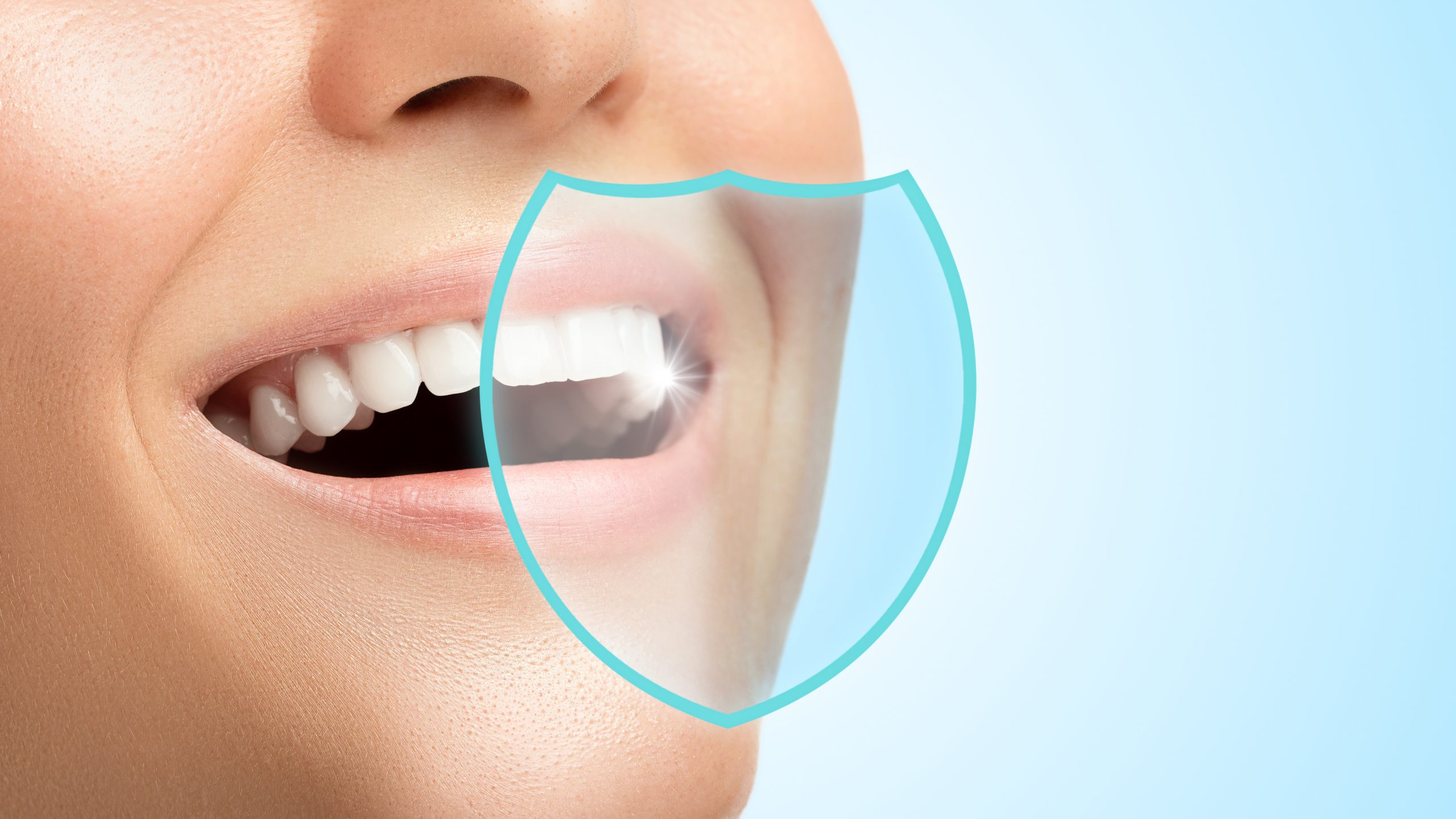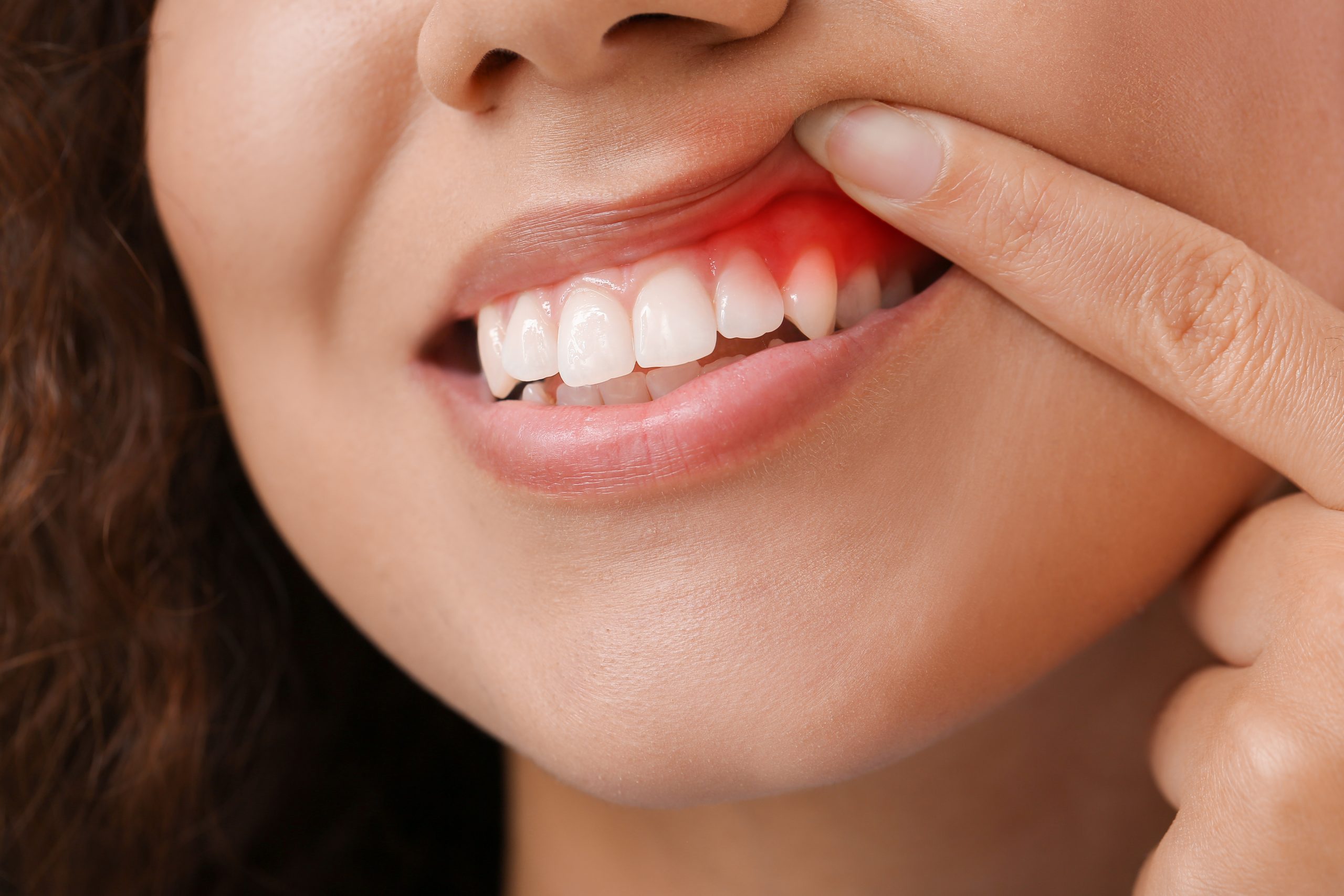Maintaining healthy teeth and gums is essential for overall oral health and well-being. Good oral hygiene practices can help prevent tooth decay, gum disease, and other dental problems. By following a few simple tips, you can keep your teeth and gums in optimal condition. In this article, we’ll explore some effective tips for maintaining healthy teeth and gums.
- Brush Your Teeth Twice a Day
Brushing your teeth at least twice a day is crucial for removing plaque and preventing tooth decay. Use a soft-bristled toothbrush and fluoride toothpaste. Brush gently in circular motions, covering all tooth surfaces and along the gumline. Be sure to replace your toothbrush every three to four months or sooner if the bristles become frayed.
- Floss Daily
Flossing is an essential part of oral hygiene that should not be overlooked. It helps remove plaque and food particles from between your teeth and along the gumline, where a toothbrush cannot reach. Use a gentle sawing motion to slide the floss between your teeth, curve it around each tooth in a C shape, and move it up and down to remove debris. If traditional flossing is challenging, you can try alternative options such as interdental brushes or water flossers.
- Use Mouthwash
Using an antimicrobial mouthwash can provide additional protection against bacteria and help freshen your breath. Look for a mouthwash that contains fluoride and has the American Dental Association (ADA) seal of approval. Rinse your mouth for 30 seconds after brushing and flossing, and follow the instructions on the bottle.
- Maintain a Healthy Diet
A healthy diet plays a vital role in oral health. Limit your consumption of sugary foods and drinks, as they can contribute to tooth decay. Instead, opt for a balanced diet that includes fruits, vegetables, whole grains, lean proteins, and dairy products. Calcium-rich foods like milk, cheese, and yogurt help promote strong teeth and bones.
- Limit Snacking and Sugary Drinks
Frequent snacking and sipping on sugary drinks throughout the day can increase the risk of tooth decay. When you eat or drink sugary substances, the bacteria in your mouth produce acids that attack the tooth enamel. Try to limit snacking between meals and opt for water or unsweetened beverages as your primary choice of hydration.
- Drink Plenty of Water
Water is not only important for overall health but also for maintaining good oral health. Drinking water helps rinse away food particles and neutralize acids in the mouth. It also keeps you hydrated, which is important for saliva production. Saliva helps wash away bacteria and protects your teeth against decay. Make it a habit to drink water throughout the day, especially after meals.
- Avoid Tobacco Products
Tobacco use in any form can have detrimental effects on your oral health. It increases the risk of gum disease, tooth decay, and oral cancer. If you smoke or use tobacco products, consider quitting. Your dentist or healthcare provider can provide resources and support to help you quit tobacco.
- Visit Your Dentist Regularly
Regular dental check-ups are essential for maintaining healthy teeth and gums. Visit your dentist at least twice a year for professional cleanings, examinations, and X-rays. Your dentist can detect and address any dental issues early on, preventing them from worsening and requiring more extensive treatment.
- Practice Stress Management
Stress can contribute to teeth grinding (bruxism) and temporomandibular joint (TMJ) disorders, which can lead to tooth damage and jaw pain. Practice stress management techniques such as exercise, meditation, deep breathing exercises, or engaging





